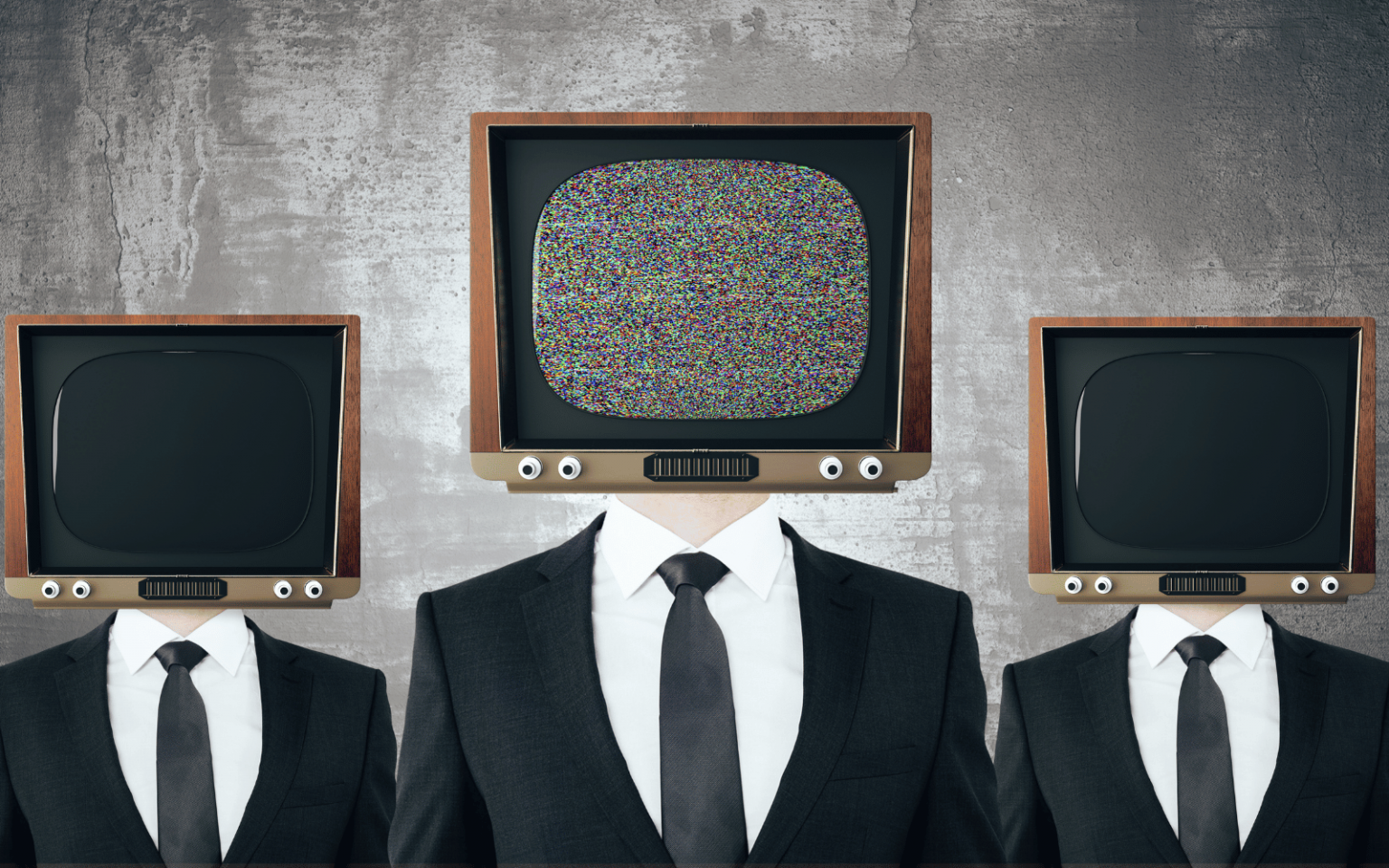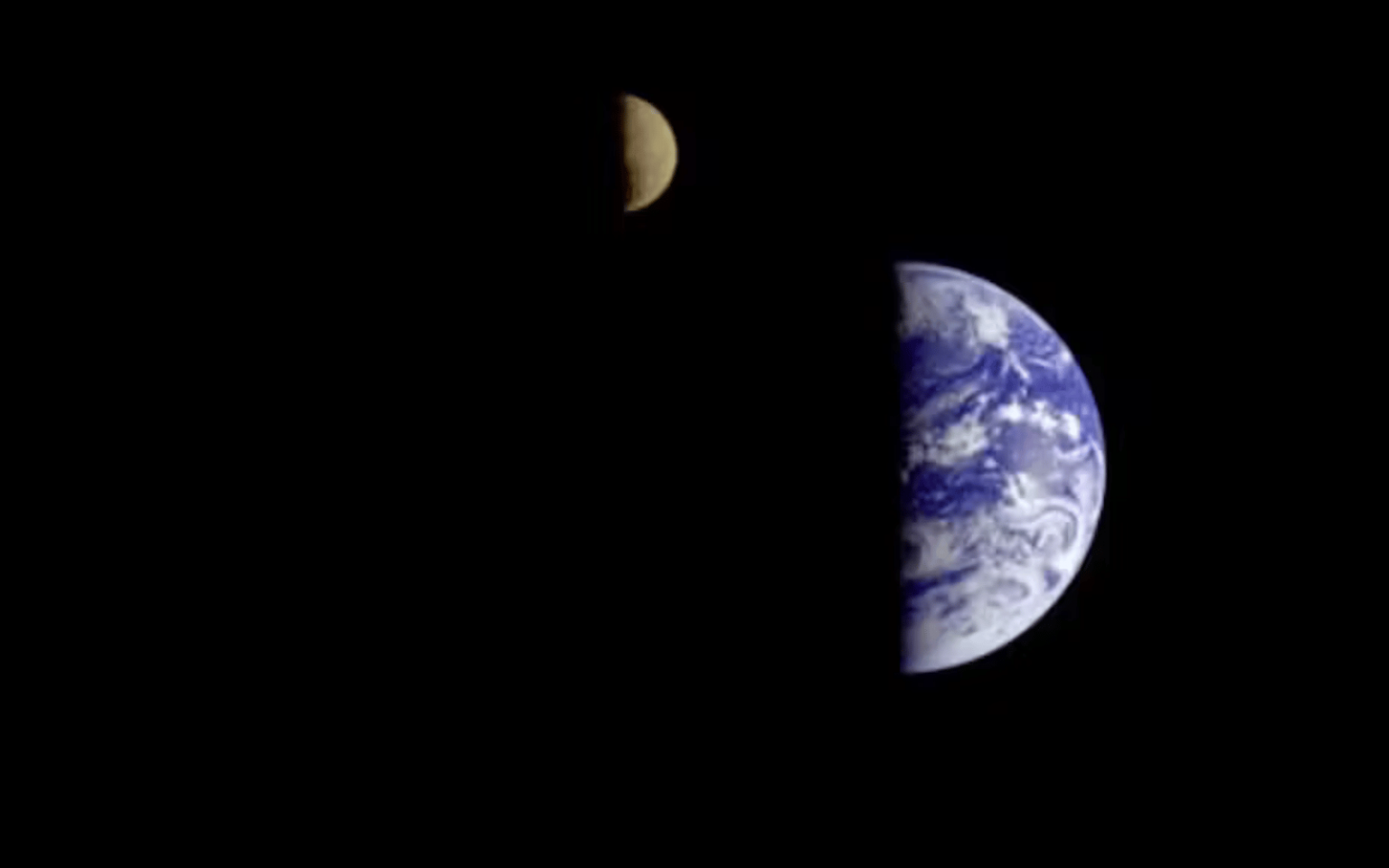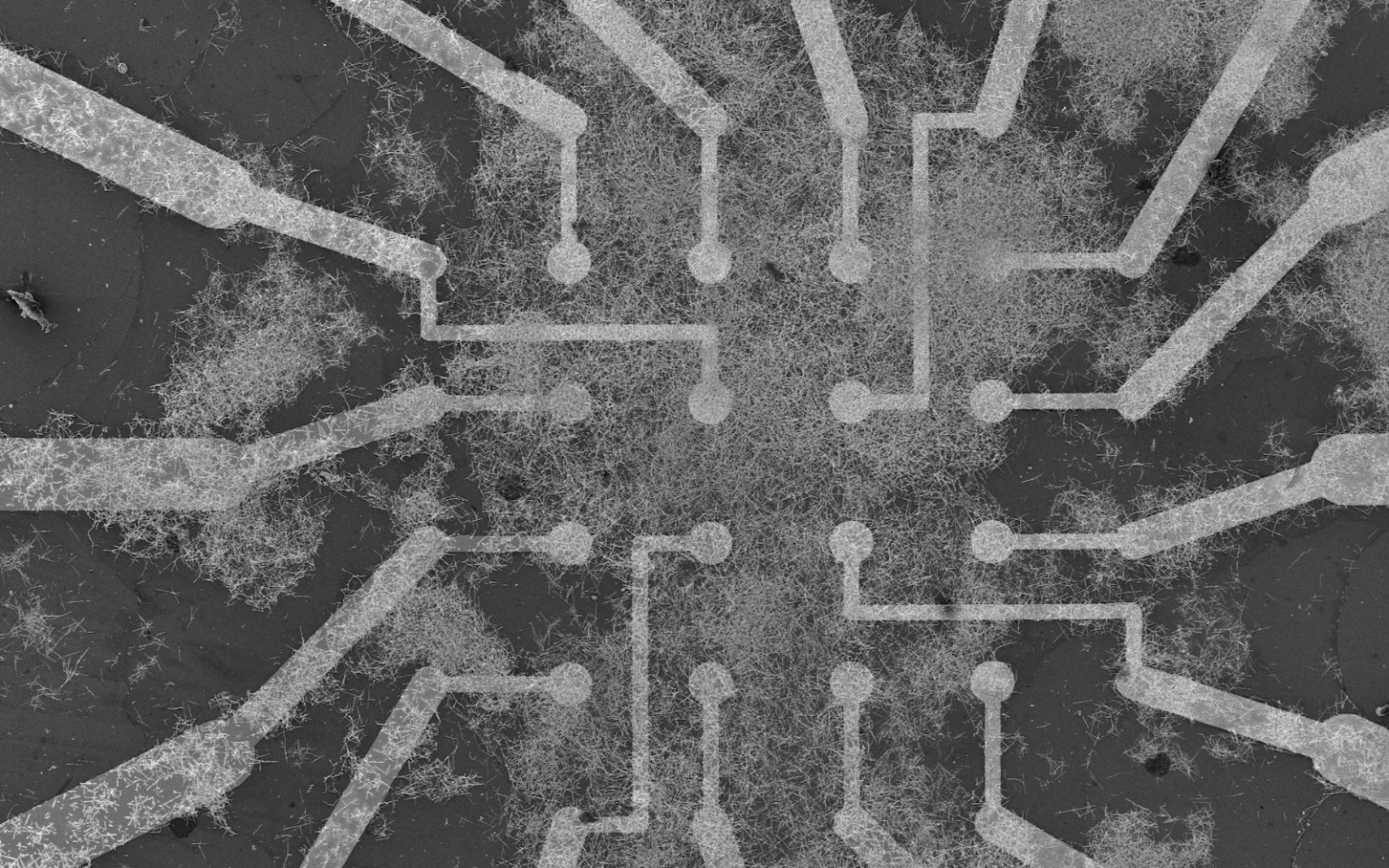Businesses are increasingly using artificial intelligence (AI) to generate media content, including news, to engage their customers. Now, we’re even seeing AI used for the “gamification” of news – that is, to create interactivity associated with news content. For better or worse, AI is changing the nature of news media. And we’ll have to wise up if we want to protect the integrity of this institution. How did she die? Imagine you’re reading a tragic article about the death of a young sports coach at a prestigious Sydney school. In a box to the right is a poll asking you to speculate…
Author: The Conversation
The cars, cellphones, computers and televisions that people in the U.S. use every day require metals like copper, cobalt and platinum to build. Demand from the electronics industry for these metals is only rising, and companies are constantly searching for new places on Earth to mine them. Scientists estimate that lots of these metals exist thousands of miles beneath Earth’s surface, in its molten core, but that’s far too deep and hot to mine. Instead, some companies hope to one day search for deposits that are literally out of this world — on asteroids. The commercialization of asteroid mining is still…
Not surprisingly, Paul McCartney was positive about the appearance this week of what has been trailed as the “last” Beatles song, Now and Then. Much has been made of AI being part of the production. Machine learning was used to recognise John Lennon’s voice, and then isolate it from other sounds – a piano, a television in the background, electrical hum – to make it usable in a new recording. It also comes amid a slew of Beatles-related activity recently – a new podcast series, Peter Jackson’s epic 2021 documentary Get Back, new versions of the famed Red and Blue compilation albums, and a Paul McCartney tour, during…
It’s been 30 years since a group of scientists led by Carl Sagan found evidence for life on Earth using data from instruments on board the NASA Galileo robotic spacecraft. Yes, you read that correctly. Among his many pearls of wisdom, Sagan was famous for saying that science is more than a body of knowledge – it is a way of thinking. In other words, how humans go about the business of discovering new knowledge is at least as important as the knowledge itself. In this vein, the study was an example of a “control experiment” – a critical part of the scientific method. This…
Artificial intelligence (AI) is changing the world – and one of the main areas it will affect in the short-to-medium term is the workforce. AI algorithms imitate real-world systems. The more repetitive a system is, the easier it is for AI to replace it. That’s why jobs in customer service, retail and clerical roles are regularly named as being the most at risk. That doesn’t mean other jobs won’t be affected. The latest advances in AI have shown all kinds of creative work and white-collar professions stand to be impacted to various degrees. However, there’s one important point that’s usually not addressed in discussions about AI’s impact…
Think about your favourite devices – your smartphone, laptop, tablet, computer or console – the things you use to play cool games, watch hilarious videos and connect and chat with friends. Many young people spend a lot of free time looking at them. Turns out that teens spend an average of 8½ hours on screens per day, and tweens – that’s ages 8 to 12 – are not far behind, at 5½ hours daily. Keep in mind those numbers are for only social media, gaming and texting. They do not include the time that kids used screens for schoolwork or homework. What’s…
AI chatbots are already widely used by businesses to greet customers and answer their questions – either over the phone or on websites. Some companies have found that they can, to some extent, replace humans with machines in call centre roles. However, the available evidence suggests there are sectors – such as healthcare and human resources – where extreme care needs to be taken regarding the use of these frontline tools, and ethical oversight may be necessary. A recent, and highly publicised, example is that of a chatbot called Tessa, which was used by the National Eating Disorder Association (NEDA) in the US.…
The world is infatuated with artificial intelligence (AI), and for good reason. AI systems can process vast quantities of data in a seemingly superhuman way. However, current AI systems rely on computers running complex algorithms based on artificial neural networks. These use huge amounts of energy, and use even more energy if you are trying to work with data that changes in real time. We are working on a completely new approach to “machine intelligence”. Instead of using artificial neural network software, we have developed a physical neural network in hardware that operates much more efficiently. Our neural networks, made from silver nanowires, can…
How do you choose your next travel destination? Social media platforms like Instagram and TikTok are handy tools for holiday research, full of #inspo for new and beautiful places to go. However, behind those mesmerising selfies, highlights and reels, there’s often a stark reality that isn’t shared. Our ongoing research shows that dangers abound from social media related misadventures. These include the hidden dangers of getting to the location, as well as the ecological strains on sites that get overcrowded with tourists. Australia, with its breathtaking natural wonders, is no stranger to the downsides of social media tourism. Many people have been…
Social media platforms have been implicated in conflicts of all scales, from urban gun violence to the storming of the US Capitol building on January 6 and civil war in South Sudan. Scientifically, it is difficult to tell how much social media can be blamed for one-off incidents. But in much the way that climate change increases the risk of extreme weather, evidence suggests that current algorithms (which mostly optimise for engagement) raise the political “temperature” by disproportionately surfacing inflammatory content. This may make people angrier, increasing the risk that social differences escalate to violence. But what if we redesigned social media to bridge divides? “Bridging-based ranking” is an alternative…










